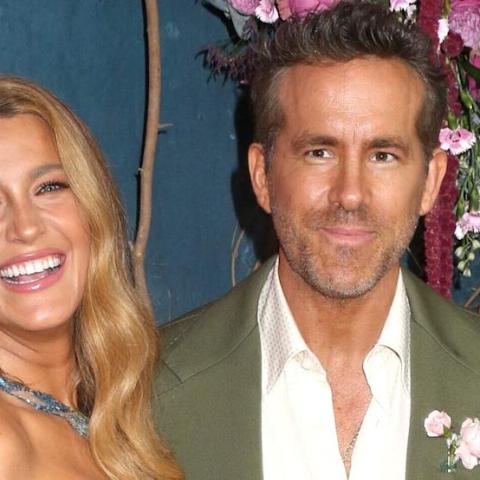A young girl from Venezuela has finally returned home after being in U.S. custody. Two-year-old Maikelys Antonella Espinoza Bernal was returned on a repatriation flight, much to the relief of her family and officials back in Venezuela.
Upon her arrival at Simón Bolívar International Airport, Venezuelan First Lady Cilia Flores carried Maikelys, cheering up a crowd of reporters. Interior Minister Diosdado Cabello hailed the event as a great victory for the country, emphasizing Venezuela’s ongoing demand for the girl’s return. They accused U.S. officials of kidnapping, a claim the U.S. Department of Homeland Security has denied.
The U.S. alleged that the girl’s parents were potentially linked to the criminal group Tren de Aragua, which they claimed was a reason for separating the family. This accusation has been firmly rejected by the child’s mother, who believes her tattoos, simply commemorating family birthdays, led to the misunderstanding.
This situation has its roots in a complicated immigration backdrop. Maikelys and her parents entered the U.S. seeking asylum in May 2024. Shortly after, the couple was detained while Mcikelys was placed in the care of the Office of Refugee Resettlement. The parents faced deportation orders under the Biden administration, with the father sent to a facility in Guantanamo Bay before being transferred to a prison in El Salvador.
The emotional reunion at the presidential palace in Caracas has been shared widely on social media, stirring a blend of support and criticism. Many are discussing the implications for both governments and the children caught in such situations. President Nicolás Maduro noted that coordinated efforts with U.S. lawyers and rights groups helped secure the child’s return, illustrating the complexities of international law and humanitarian efforts.
While this chapter has ended, it raises questions about the safety of families seeking refuge and the responsibilities of nations regarding asylum seekers. A recent survey indicated that nearly 60% of Americans support more humane treatment of migrants, highlighting a significant shift in public opinion on immigration issues.
The broader context of this situation hints at increasing tensions around immigration policies in both countries, as families like Maikelys’ navigate a tangled web of laws and accusations. The little girl’s story is not just a personal one; it reflects larger societal debates about safety, justice, and compassion in immigration.
For those interested in exploring more about the complexities of asylum processes, resources from the American Civil Liberties Union can provide in-depth insights into legal advocacy efforts for immigrant rights.






















